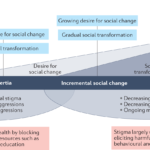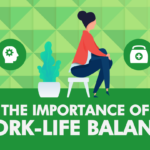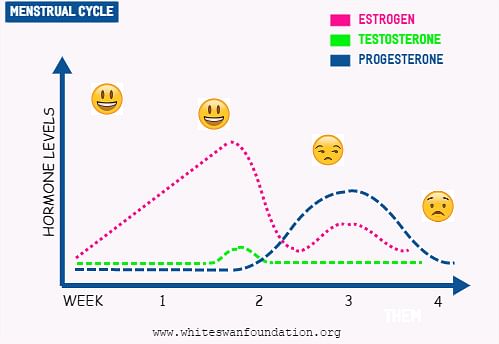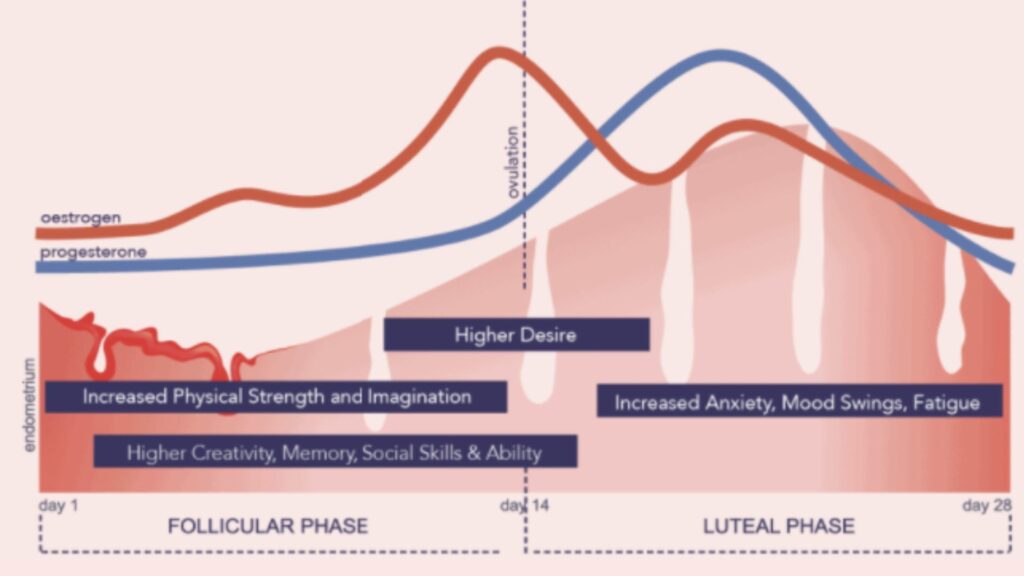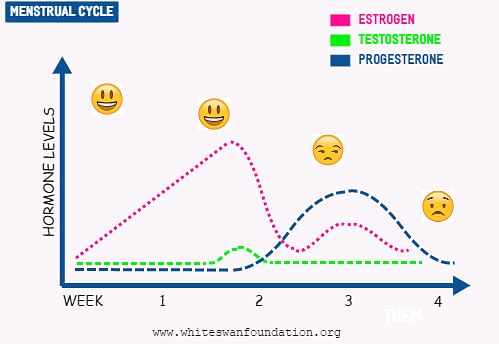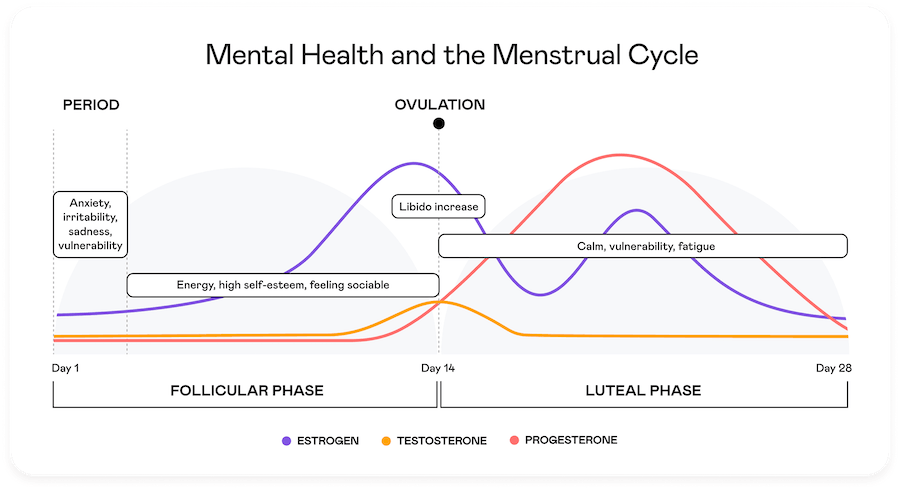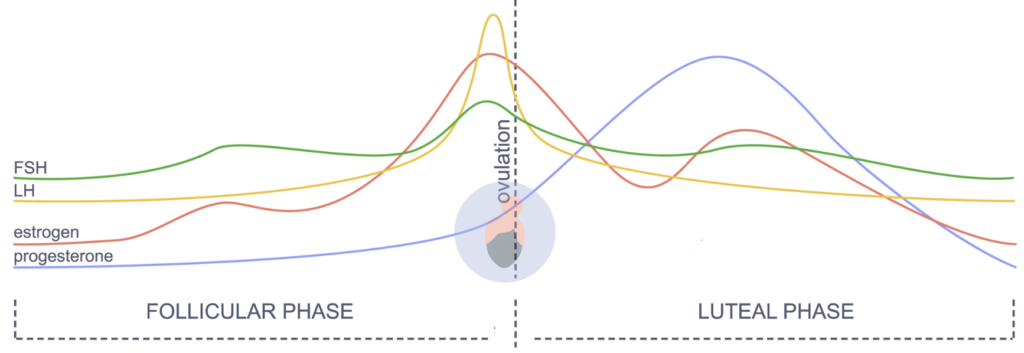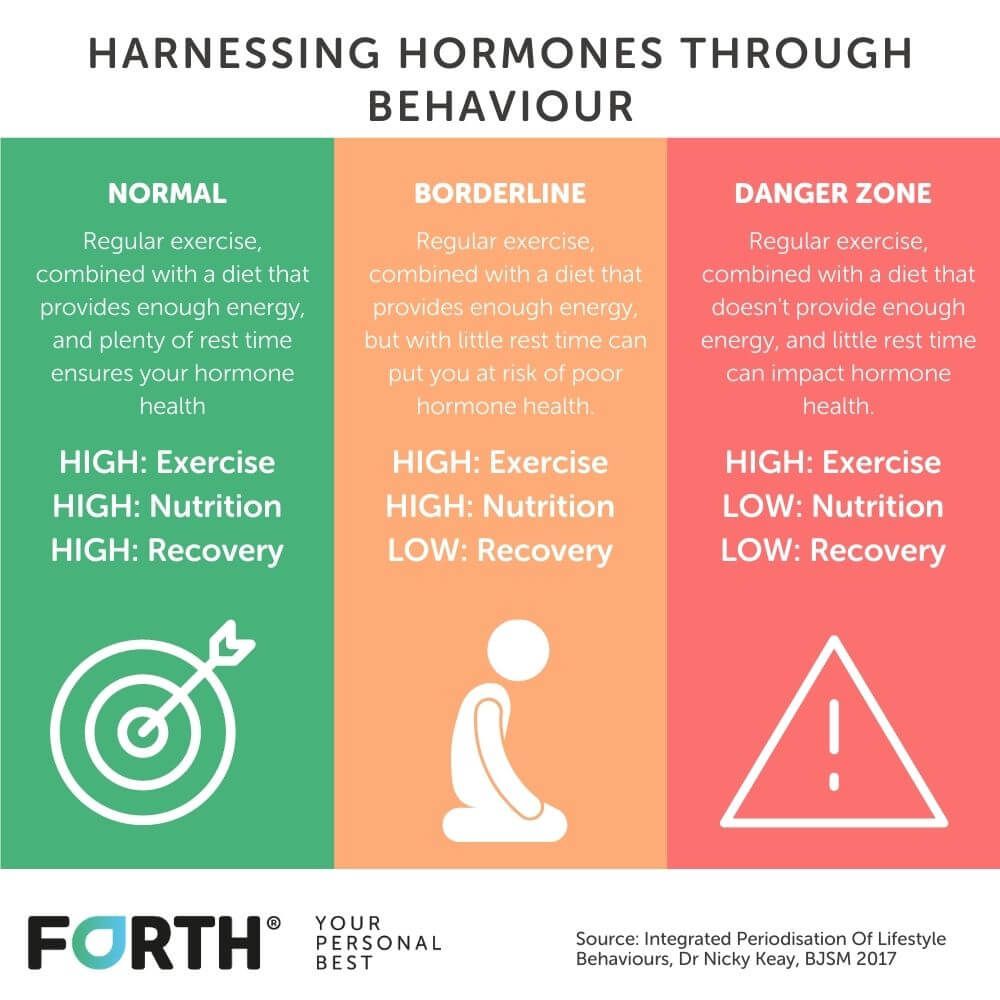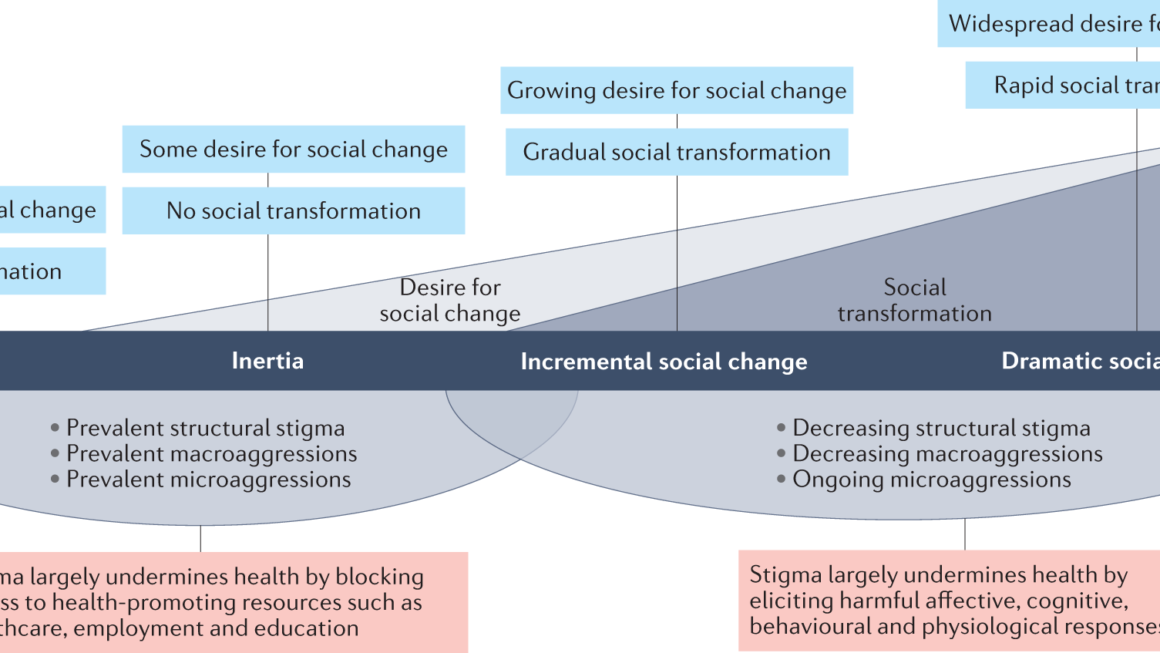Did you know that hormonal fluctuation during the menstrual cycle can have a significant impact on women’s mental well-being? From mood swings to anxiety and depression, these hormonal changes can cause a range of emotional and cognitive disturbances. It is important to recognize and understand how these fluctuations affect women’s mental health in order to provide appropriate support and care. In this article, we will delve into the various ways in which hormonal fluctuations can impact women’s mental well-being and discuss strategies to maintain optimal mental health throughout the menstrual cycle.
Understanding the Impact of Hormonal Fluctuation on Women’s Mental Well-being
1. Introduction to Hormonal Fluctuation and Mental Well-being in Women
Hormonal fluctuation is a natural occurrence that happens in a woman’s body throughout her life. These fluctuations play a crucial role in regulating various bodily functions, including the reproductive system. However, these hormonal changes can also have a significant impact on a woman’s mental well-being.
2. Menstrual Cycle and Hormonal Changes
The menstrual cycle is a complex process that involves a series of hormonal changes in a woman’s body. During this cycle, several hormones, such as estrogen, progesterone, and testosterone, fluctuate at different stages. These hormonal fluctuations are responsible for various physical and emotional symptoms that many women experience.
3. Physical and Emotional Symptoms of Hormonal Fluctuation
Hormonal fluctuations during the menstrual cycle can lead to a wide range of physical and emotional symptoms. Physical symptoms may include bloating, breast tenderness, headaches, and fatigue. On the emotional front, women may experience mood swings, irritability, anxiety, and depression. These symptoms can vary in intensity and duration from woman to woman.
4. Hormones Involved in the Menstrual Cycle
Several hormones play essential roles in the menstrual cycle. Estrogen is dominant during the first half of the cycle and helps prepare the uterus for potential pregnancy. Progesterone, on the other hand, increases during the second half and aids in maintaining pregnancy if conception occurs. Testosterone also plays a role in supporting the menstrual cycle, albeit in smaller amounts.
5. Effects of Estrogen on Mental Health
Estrogen, often referred to as the “female hormone,” has a profound impact on mental health. It affects the production and regulation of neurotransmitters like serotonin, which plays a role in mood regulation. Fluctuations in estrogen levels can lead to changes in serotonin levels, resulting in mood swings, irritability, and even depression.
6. Effects of Progesterone on Mental Health
Progesterone, primarily produced during the second half of the menstrual cycle, also has effects on mental health. It has a calming effect on the brain and can help alleviate anxiety symptoms. However, in some women, progesterone can cause mood disturbances, contributing to feelings of irritability and sadness.
7. Role of Testosterone in Women’s Mental Well-being
Although testosterone is often considered a male hormone, it also plays a role in women’s mental well-being. In women, testosterone levels fluctuate throughout the menstrual cycle, and imbalances can contribute to mood swings, decreased libido, and even depression. Finding the right balance of testosterone is essential for optimal mental health.
8. Serotonin and its Influence on Mood
Serotonin is a neurotransmitter that influences various aspects of mood and emotional well-being. Fluctuating hormone levels, particularly estrogen, can impact serotonin production and regulation. When estrogen levels are low, serotonin levels may also decrease, leading to feelings of sadness, anxiety, and even depression.
9. Impact of Hormonal Contraceptives on Mental Well-being
Hormonal contraceptives, such as birth control pills, can affect a woman’s mental well-being due to the hormonal changes they induce. These contraceptives often contain synthetic versions of estrogen and progesterone, which can alter hormone levels and potentially lead to mood swings, anxiety, or depression. It is essential for women to be aware of the potential mental health impacts of hormonal contraceptives and discuss them with their healthcare provider.
10. Premenstrual Syndrome (PMS) and Mental Health
Premenstrual Syndrome (PMS) is a condition that affects many women during the days leading up to their menstrual period. PMS is characterized by physical and emotional symptoms such as bloating, breast tenderness, mood swings, irritability, and anxiety. Hormonal fluctuations during this time can contribute to the manifestation of these symptoms and impact a woman’s mental well-being.
11. Postpartum Hormonal Fluctuation and Mental Health
After giving birth, many women experience significant hormonal fluctuations as their bodies adjust to postpartum life. These fluctuations, particularly the decline in estrogen and progesterone levels, can contribute to postpartum mood disorders such as postpartum depression and anxiety. Recognizing the potential impact of hormonal changes during this period is crucial for ensuring proper mental health support for new mothers.
12. Women’s Mental Health Disorders Related to Hormonal Fluctuation
Hormonal fluctuations can also contribute to the development or exacerbation of certain mental health disorders in women. For example, women with a history of depression may experience worsening symptoms during times of hormonal changes, such as puberty, pregnancy, or menopause. Additionally, conditions like premenstrual dysphoric disorder (PMDD), which is a severe form of PMS, can significantly impact a woman’s mental well-being.
13. Coping Strategies for Managing Hormonal Fluctuation and Mental Well-being
While hormonal fluctuations can present challenges to women’s mental well-being, there are coping strategies that can help manage these changes. Regular exercise, maintaining a healthy diet, practicing stress-management techniques (such as mindfulness or yoga), getting enough sleep, and seeking social support can all contribute to a more balanced mental state during hormonal fluctuations.
14. Conclusion
Understanding the impact of hormonal fluctuation on women’s mental well-being is vital for providing appropriate support and care. By recognizing the influence of hormones such as estrogen, progesterone, and testosterone, healthcare professionals and individuals alike can work together to address and manage the physical and emotional symptoms that can arise from these fluctuations. With the right tools and strategies, women can navigate hormonal changes with improved mental well-being, promoting overall health and happiness.
